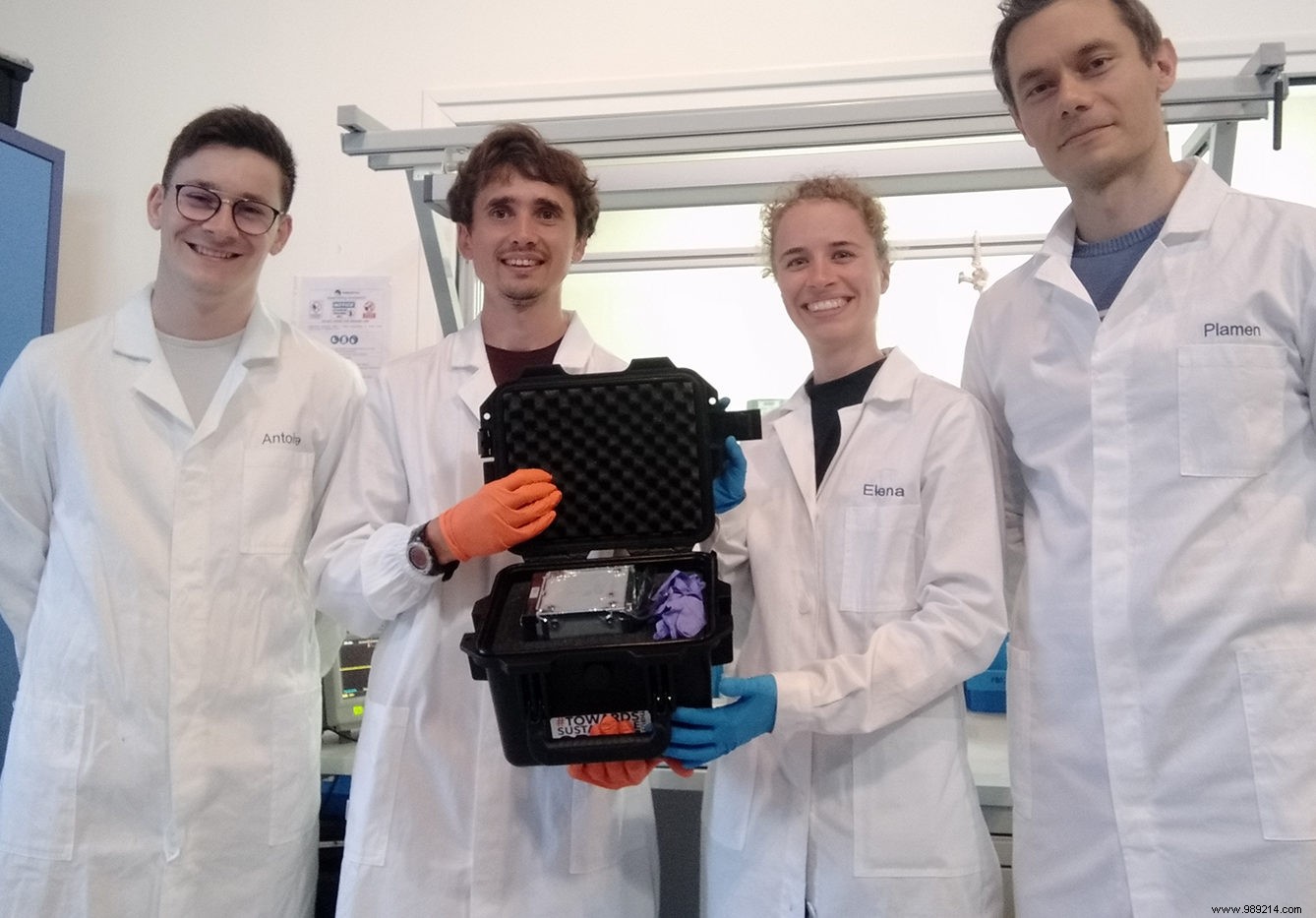The start-up ThrustMe was recently responsible for a world first. This company sent its first electric motor into space, the purpose of which is to propel mini-satellites. However, there is nothing conventional about this engine since it uses iodine instead of xenon.
As explained in a press release from the CRNS of November 6, 2020, the start-up TrustMe sent its first electric motor into space for the propulsion of small satellites . This company collaborated on the mission of SpaceTy, a company specializing in low-cost cubesats. By the way, the launch did not take place in the United States or Europe, but in Taiyuan (China). TrustMe's engine is anything but conventional. Indeed, this one does not use neutral gas like xenon, but iodine. You should know that iodine is easier to store , but also less rare, therefore more affordable.
Ane Aaneslan, founder of TrustMe reminds us that xenon exists only in gaseous form. Thus, it must be stored in complex and sensitive high-pressure tanks. On the other hand, iodine is preserved in solid form and allows motors that are less sensitive and smaller in size. For example, the engine that SpaceTy used for its mission can fit in one hand.

ThrustMe's goal is to conduct comprehensive testing of the electric propulsion system for several months. These tests also concern orbital maneuvers. The start-up plans to continue the development of this compact engine and to market it in the more or less near future. The engine could then help launch hundreds of mini-satellites and therefore contribute to the establishment of constellations of the same type as that of SpaceX's Starlink project.
“These small satellites are often deployed in a constellation, that is, in a coordinated group with satellites placed in synchronized orbits, which allows them a fuller coverage of the globe. This is useful for various missions, such as the precision monitoring of agricultural crops or the provision of high-speed Internet access. As all the satellites launched at the same time must then reach their own orbit, on-board propulsion becomes a key element of space “, said Ane Aaneslan.
Finally, let's remember that the company ThrustMe is resulting from a common laboratory between the CNRS and the École polytechnique. This was supported by the Agoranov incubator based in Paris and specialized in science and technology. In 2017, ThrustMe raised 2 million euros to carry out its projects and has therefore just taken a big step forward with this recent launch.